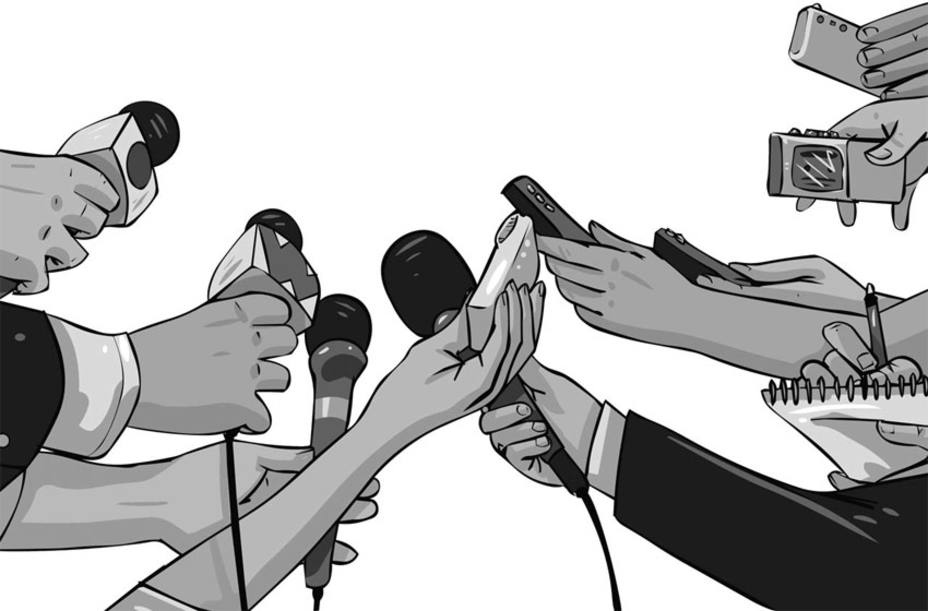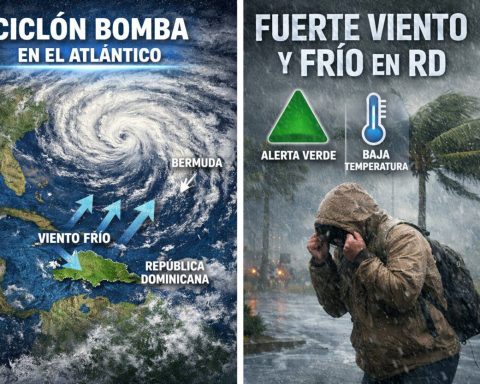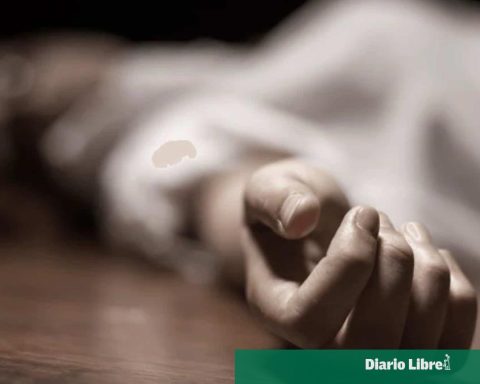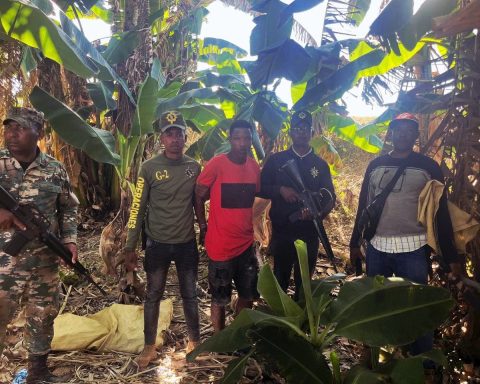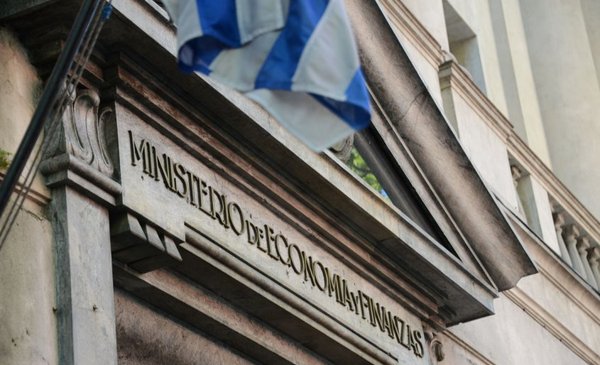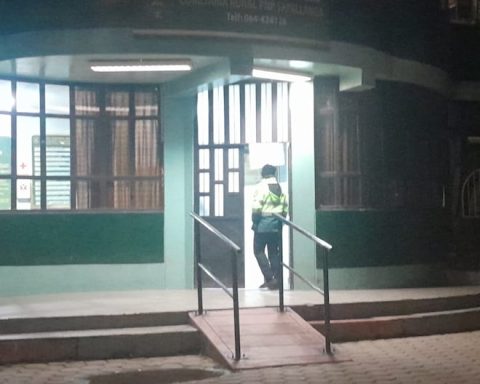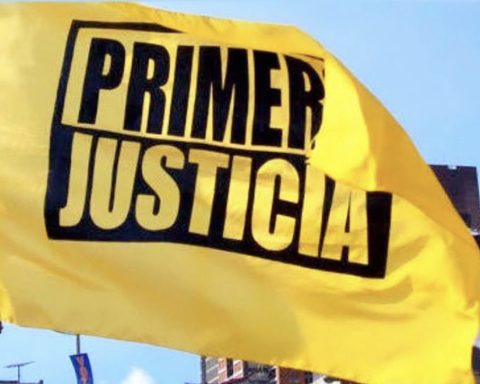The Inter-American Press Association (IAPA) expressed concern about several bills in the Dominican Republic that insist on the criminal nature of defamation, including in cyberspace, and overprotect leaders from criticism. All of this generates an inhibiting effect on freedom of the press and journalistic work.
A reform to the Dominican Penal Code punishes with prison offenses against the president, ministers, legislators and diplomatic representatives. The measure is contrary to international standards that promote eliminating the crime of contempt to avoid privileges of the authorities over citizens. Contempt, eliminated in many Latin American countries, is also contemplated in Law 6132 on Freedom of Expression and Dissemination of Thought.
On the other hand, the government of President Luis Abinader presented a bill to Congress on June 14 against cybercrime, which will replace Law 5307 on Crimes and High-Tech Crimes, in force. The new project increases the prison sentence for defamation from one to four years and maintains the crime of insult with a fine of 500 minimum wages, without jail. The bill requires service providers to remove material deemed discriminatory within 24 hours, to avoid fines.
The president of the IAPA, Jorge Canahuati, expressed: “We see with concern that the Dominican Republic is turning in a position contrary to freedom of the press.” Canahuati, president of the OPSA Group, from Honduras, added that these are times to decriminalize defamation crimes when they refer to public figures and to eliminate the privileges of the powerful, not to empower them, as they did in the Dominican Republic years ago» .
In this way, Canahuati referred to the approval expressed by the IAPA in 2016 for a Constitutional Court ruling that annulled seven articles of Law 6132 of 1962, which criminalized the crimes of defamation and insults in cases of public interest. The Court considered that they violated Article 13 of the American Convention on Human Rights on freedom of expression.
That sentence responded to an appeal of unconstitutionality presented in February 2013 by the directors of the newspapers The day, Daily Listin Y Caribbean, and by the Press and Law Foundation. They demanded the elimination of 11 articles of the law that criminalized journalistic work and another five of the Penal Code that established penal punishments for the so-called crimes of speech.
However, given the partial decriminalization of defamation crimes, the IAPA had expressed its hope that prison punishment against journalists would be eliminated from the Penal Code, and that it would also be removed from other parts of Law 6132. The entity also had requested that “criteria of rationality and proportionality” be complied with in terms of civil sanctions, since in many cases these could become serious limitations for the media.
The president of the IAPA’s Committee on Freedom of the Press and Information, Carlos Jornet, journalistic director of The voice of the interior, from Argentina, said: “It will be important for the Dominican authorities to try to adapt national legislation to the criteria of inter-American jurisprudence.” He added that “legislating blindly carries the risk of going back decades and falling back into the authoritarianism of the past, always ready to curtail freedom of the press and the independent and critical work of the media and journalists.”
Canahuati and Jornet recalled that President Abinader signed, in October 2020, the Declaration of Salta on Principles of Freedom of Expression in the Digital Age, which highlights the attitude that governments must have to protect freedoms in the digital field. The Declaration states that “governments should not impose legal responsibilities on the actors of the digital ecosystem for content of public interest generated or shared by third parties on their platforms.”
Likewise, the Declaration states: “Governments must not inhibit expressions of public interest in the digital space with regulations, nor impose aggravated sanctions for the fact that they are manifested in said space.”
The document also exhorts governments that “they should not penalize criticism, information or protest against public officials on matters of public interest or against people who voluntarily expose themselves to the scrutiny of society. In the case of claims of a civil nature, it must be proven that they acted with real malice.
Last year, the Dominican Republic climbed ten steps in the Chapultepec Index, a comparative measurement of press freedom in 22 countries of the Americas, which made it a success story on the continent. “We regret -said the IAPA authorities- that what the government managed to build with so much effort in recent years is being deconstructed.”
The Yep is a non-profit organization dedicated to the defense and promotion of freedom of the press and expression in the Americas. It is comprised of more than 1,300 publications from the Western Hemisphere; and is based in Miami, Florida, United States.
